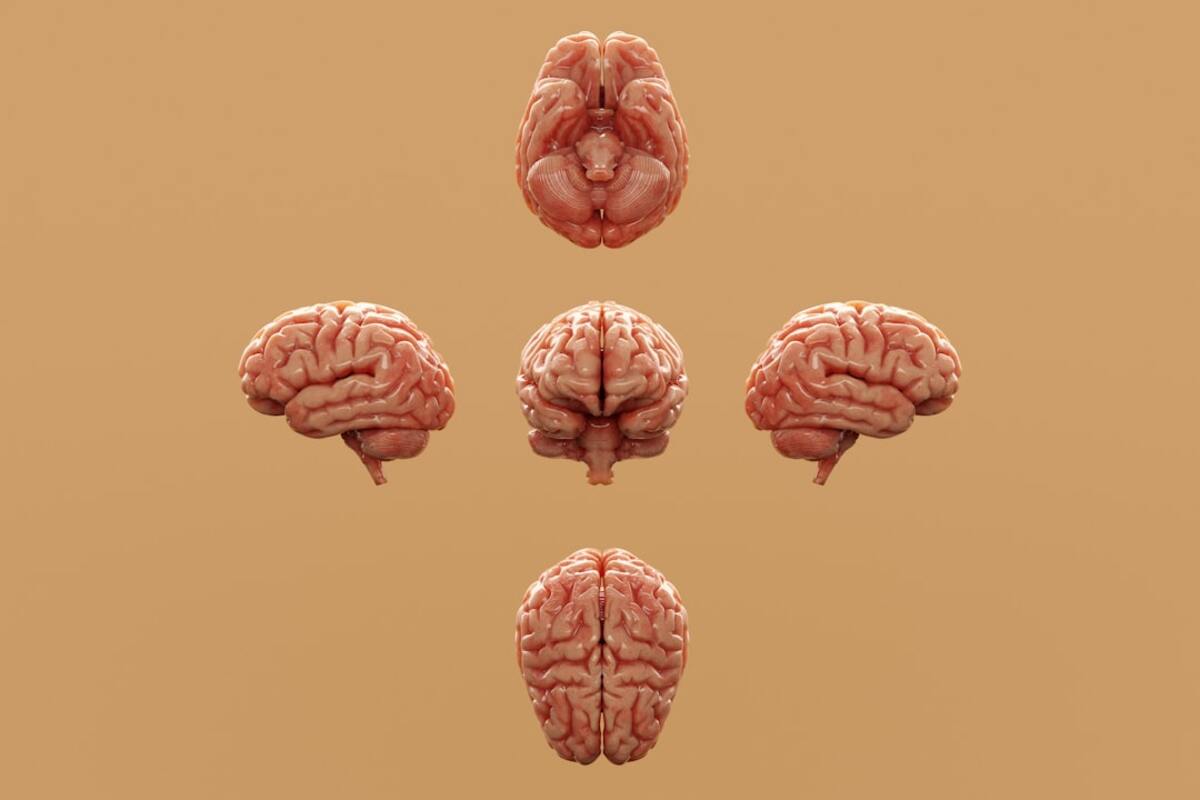The Science of Cognitive Flexibility: Adapting Your Mindset for Success
Discover how cognitive flexibility can serve as a catalyst for personal and professional growth by enhancing your adaptability.

- Cognitive flexibility boosts problem-solving skills and creativity.
- Practicing mindfulness and curiosity enhances mental agility.
- Adaptive mindsets lead to better coping mechanisms and resilience.
Understanding Cognitive Flexibility
Cognitive flexibility is the mental ability to switch between thinking about two different concepts and to think about multiple concepts simultaneously. This skill is essential in everyday life, allowing individuals to adapt to new situations, solve problems creatively, and make informed decisions. Cognitive flexibility is not just about changing our thoughts; it's about being open to new ideas, willing to experiment with different perspectives, and ready to adjust our beliefs in response to new evidence.
Enhancing Cognitive Flexibility
There are several ways to develop and enhance cognitive flexibility, which can significantly improve our mindsets. One effective method is through mindfulness practices. Mindfulness encourages individuals to focus on the present moment, fostering an awareness that can reduce rigid thinking patterns. Another approach is to cultivate a habit of curiosity. By actively seeking out new information and experiences, we can train our minds to be more adaptable.
Incorporating playful activities into daily routines is another way to promote cognitive flexibility. Games that challenge our brains, such as puzzles or strategy-based board games, can stimulate mental agility. Additionally, exposure to diverse viewpoints through reading and engaging in discussions can broaden perspectives and enhance flexibility.
The Benefits of an Adaptive Mindset
Individuals with high cognitive flexibility tend to be more resilient and cope better with challenges. This adaptability allows them to navigate life's uncertainties more effectively, often leading to greater personal and professional success. An adaptive mindset fosters creativity, as it encourages thinking outside the box, finding innovative solutions, and embracing change rather than fearing it.
Moreover, cognitive flexibility plays a crucial role in emotional regulation. By being open to different ways of interpreting situations, individuals can manage stress and anxiety more effectively. This mindset also contributes to better interpersonal relationships, as it allows for empathy and understanding of others' perspectives.
Here's a table demonstrating activities that can enhance cognitive flexibility:
| Activity | Benefit |
|---|---|
| Meditation | Improves focus and present-moment awareness |
| Puzzle Solving | Enhances problem-solving skills and strategic thinking |
| Reading Diverse Genres | Expands perspectives and knowledge |
| Engaging in Debates | Boosts critical thinking and empathy |
Ultimately, developing cognitive flexibility is a rewarding endeavor that can lead to profound personal growth. By embracing change and learning to adapt, we can navigate the complexities of life with greater ease and fulfillment.
